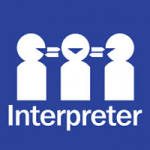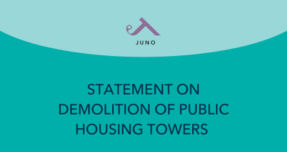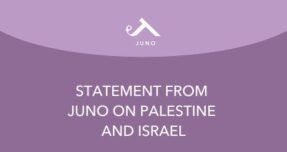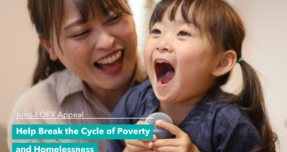We have a deep understanding of the issues faced by women experiencing homelessness and the close links between gender, poverty, family violence and homelessness.
We know that family violence and homelessness are intimately connected. Family violence is the key driver of homelessness for women and the main reason women and children leave a family home.
Many of our clients come to us at the peak of a crisis, seeking immediate safety and protection from a perpetrator, or months after violence has occurred, still in vulnerable situations and looking for a safe and secure place to live. We work with victim survivors to explore options that they might not have known existed, as well as being the moral support through what is a very difficult time.
Our support ranges from (but is not restricted to):
- providing short-term temporary accommodation, for example, a safe place to sleep for a night and escape violence,
- longer-term support,
- safety planning,
- navigating Child Protection,
- court support (such as taking out intervention orders),
- as well as helping victim survivors to access specialist family violence supports.
We also collaborate with other homelessness service providers to ensure compassionate and tailored service delivery and achieve the best outcomes for women and non-binary people experiencing homelessness and their children.
Defining Family and Domestic Violence
Family violence is defined as any behaviour that occurs in family, domestic or intimate relationships that is physically or sexually abusive; emotionally or psychologically abusive; economically abusive; threatening or coercive, or is in any other way controlling that causes a person to live in fear for their safety or wellbeing or that of another person. It is not just one instance but a continuous pattern of abusive behaviour perpetrated by one person towards another, often using multiple tactics.
In relation to children, family violence is also defined as behaviour by any person that causes a child to hear or witness or otherwise be exposed to the effects of the above behaviour. This definition includes violence within a broader family context, such as extended families, kinship networks and communities.
While people of all genders can be perpetrators or victim survivors of family violence, overwhelmingly, perpetrators are men, who largely perpetrate violence against women (who are their current or former partner) and children.
Family violence is not just physical or sexual abuse but can take many forms. Read about types of abuse.
Family Violence Outposts
Juno’s specialist family violence workers work from three homelessness access points across the region to provide immediate support to victim survivors of family violence. As the current homelessness system doesn’t offer a gender-specific response, the program seeks to overcome this gap in service delivery by having our specialist workers work alongside case managers in homelessness organisations. This also builds the capacity of homelessness organisations to recognise women’s needs as distinct from those of men.
Juno welcomes all women (trans and cis) and non-binary people. Self-definition is at the discretion of the individual.
To receive family violence support from Juno you can either self-refer or be referred by another service. Juno accepts referrals for support across six local government areas that make up Melbourne’s northern suburbs (Hume, Whittlesea, Merri-bek, Darebin, Banyule, & Nillumbik). To find your local family violence service, you can enter a postcode or suburb on Safe and Equal’s Find a Service directory: https://safeandequal.org.au/find-a-service/. Once we receive a referral, we will assess whether we have capacity within the team to provide support, and if not, we can support you to access another family violence service based on your support needs. If you would like to self-refer, please contact our duty line on 03 8692 2020 to speak to one of our workers.

Interpreter services available.
Juno acknowledges the support of the Victorian Government.



